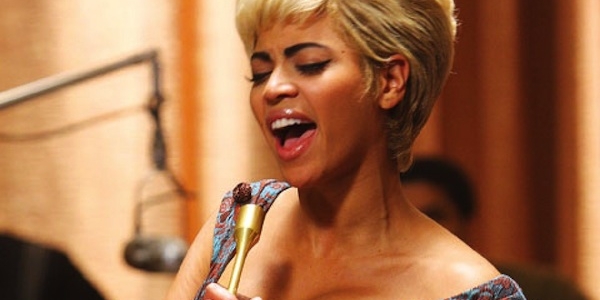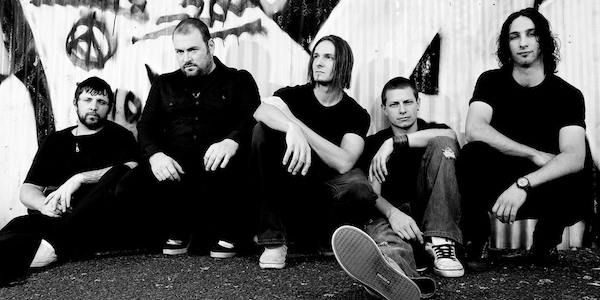“The idea behind this year’s Jazz On Film program, the seed of it, was instigated by the fact that Terence Blanchard is coming down for the Melbourne Jazz Festival,” ACMI film programmer Spiro Economopoulos says. “Terence Blanchard has worked with a lot of people, particularly Spike Lee, and we were really keen to look at some of his work.” At the same time, Woody Allen: A Documentary surfaced. “We thought it would be great to look at two different artists working in different fields of the film world and how they’ve incorporated jazz into their own work.” Allen was an obvious choice for the way he has let jazz influence his work, sometimes subtly such as the threads of music running through Radio Days, and sometimes explicitly, such as in the case of Sweet And Lowdown, which tells the story of a gypsy jazz guitarists forever living in the shadow of genre great Django Reinhardt. In fact, there’s actually a documentary – Wild Man Blues – about Allen’s love of jazz, and it almost made it to the Jazz On Film programme, but at the end of the day the decision was made to focus on films that use jazz in a unique or intrinsic way. “Even something like Bullets Over Broadway, it’s not a direct link but it’s more about the jazz era, that time.”
Sweet And Lowdown (1999) is certainly not one of Allen’s best-known films, yet within the context of Jazz On Film it’s certainly the most blatant. “It’s a great movie, and Sean Penn is so good in it. It’s such a melancholy film, so bittersweet. Allen doesn’t usually deal directly with the subject of jazz, and it was interesting to see him depict a jazz artist. And it works really well. Jazz seems to exist in a different time for Woody Allen. It’s very much related to a particular timeframe: jazz of the ’20s, ’30s and ’40s. I don’t think his films ever have contemporary avant garde jazz stuff!” So who would Economopoulos like to see a biopic made about? “Apparently there’s a Miles Davis movie being made,” he says. “I’m actually surprised that Miles Davis hasn’t had a film made about him before this! I love Kind Of Blue. A friend of mine bought it for me for my birthday on vinyl a few years ago. I knew some of the tracks before that, but it’s such a wonderful, great album. I really, really love it.”
So what is it about jazz that makes it so timeless? There are jazz recordings from the ’40s that don’t sound as dated as music from even the ’90s. “I think as a genre it’s one that constantly evolves,” Economopoulos says. “It’s got such range. It’s avant garde, it’s traditional, its roots are really diverse and the strands that have come into it are really potent – blues, big band – and Terence Blanchard’s really interesting for that because I think his film scores really reflect that. The way he did something like Summer Of Sam, for example, it’s got a real edge to it and it’s very dynamic, and then you’ve got something like 25th Hourwhich is really elegiac and sombre, and it really reflects the moods of it. I think Woody Allen is more traditional in the way he uses jazz.”
For those looking for a little context before they check out Jazz On Film, Economopoulos recommends Ken Burns’ Jazzdocumentary. “I just thought it was so great. It really got me more interested in jazz in a big way, made me want to discover more of how it works, looking to different artists… it was really wonderful. And I think what I liked about it a lot was looking at the heritage of it.”
BY PETER HODGSON







